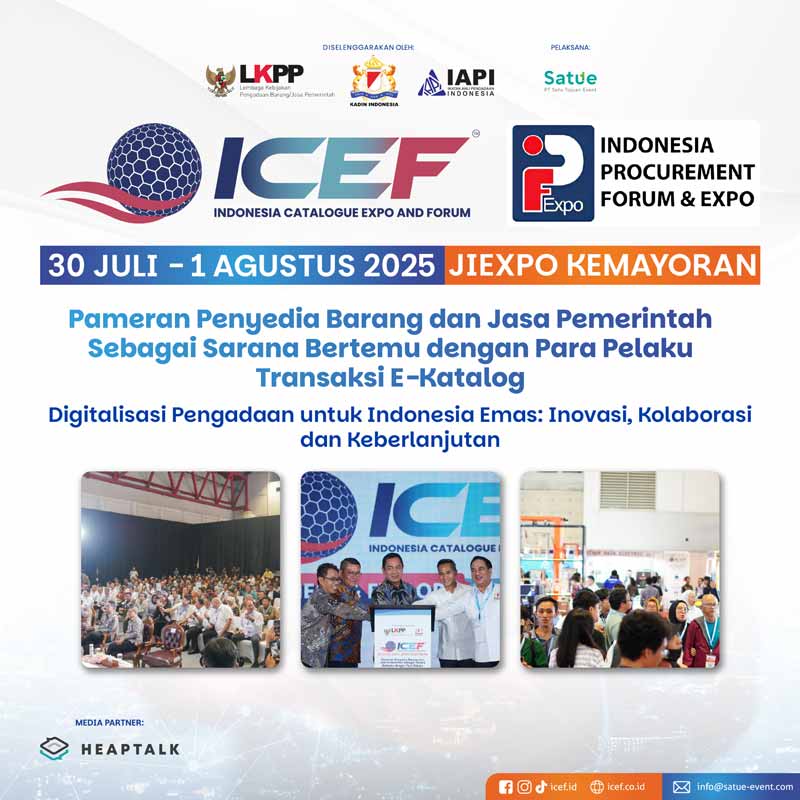Heaptalk, Jakarta — Indonesia’s rural areas comprise approximately 43% of the nation’s population, with many communities relying on natural water sources rather than modern water infrastructure. Unlike urban areas with centralized services, villages frequently face challenges accessing clean and safe water.
This reliance on surface water, combined with the impacts of climate change, has created an escalating crisis that disproportionately affects women and children, who are primarily responsible for managing household water needs.
Deputy Program and Activities Acexy, Trio Pamudji Al Djono, highlights that these challenges most severely affect women and children. In rural families, women are crucial in managing daily water needs. When water access is limited, they often travel long distances to obtain clean water from wells or springs, which becomes even more difficult during dry seasons.
In addition to the time consumed fetching water, the water quality during the rainy season often deteriorates, posing health risks, particularly for children. A lack of adequate sanitation facilities in these areas increases the risk of diseases and contributes to stunting in children. Trio notes that climate change worsens this situation by extending drought periods and degrading water quality across many rural regions.
Impacts on Economics and Social
According to him, the economic consequences of the clean water crisis are substantial, particularly for women who work predominantly in the informal sector. Many rural women work without formal economic protections, and their ability to pursue income-generating activities is often restricted by the time and effort spent securing water.
“Children also suffer, as they frequently need assistance in collecting water, which detracts from their time in school and limits educational opportunities that could expand their future economic prospects.” He added to the Forum Carbon Indonesia YouTube Channel.
Trio emphasizes that rural water infrastructure lags far behind that in urban areas, where water access is generally secure. In remote regions like East Nusa Tenggara, the terrain and low population density make it difficult to establish centralized water systems, and local infrastructure often lacks the resilience needed to endure seasonal and climatic shifts.
Measures to address the challenges
Trio suggested multiple efforts to uplift clean water in rural areas and mitigate its impact on women and children, covering:
- Community-based water system development: Given the high costs of establishing centralized infrastructure in sparsely populated regions, this measure can be effectively implemented. Nevertheless, these systems require sustained efforts to maintain water quality and infrastructure.
- Empowering women in water management: Government institutions and NGOs should train rural women on water management techniques, such as healthy maintenance, water source identification, and adopting sustainable water technologies. Empowering women as leaders in water management will enhance local resilience.
- Effective utilization of village funds: The village fund should be allocated toward water and sanitation infrastructure. Additionally, he observed the need for central government support to build human resource capacity in these communities to sustain infrastructure improvement.
- International and private sector support: Trio encouraged collaboration with international donors, private companies, and CSR initiatives to bridge the resource gaps in rural infrastructure. This measure can bring the funding and technology needed to implement sustainable water solutions.
- Educational campaigns and community involvement: Trio emphasized the significance of education and awareness programs involving all community members, including children, to reinforce the importance of clean water and proper sanitation. The efforts are essential for the long-term success of community water initiatives.














